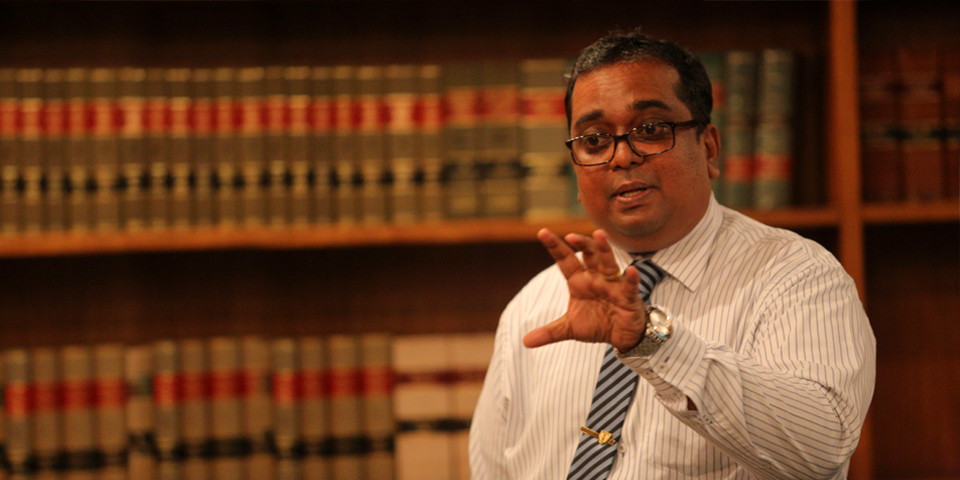
Economic Development, Infrastructure and Sustainability
We are living in the world with many inventions, networking and troubleshooting. People like to talk about the subject domain of “economics” with many interpretations. But there is a need to differentiate “economic growth” and “economic development”.
Economic growth always depends on numbers. According to Investopedia, economic growth is an increase in the capacity of an economy to produce goods and services, from one period of time to another. Economic growth can be measured in nominal terms which include inflation or in real terms which are adjusted for inflation. To compare one country’s economic growth to another, Gross Domestic Product (GDP) or Gross National Product (GNP) per capita should be used, as these take into account, the population differences between countries. But economic development is a concept which is defined as the quantitative and qualitative changes in a given economy. From a policy perspective, economic development can be defined as efforts that seek to improve the economic well-being and quality of life for a community by creating and/or retaining jobs and supporting or growing incomes and the tax base. It can be observed that not only numbers, but the quality of life is also important for economic development.
In this context, we need to discuss the importance of infrastructure development in economic growth and development.
According to the United States’ Department of State Bureau of International Information Program – “Investments in modern infrastructure lay the foundations for economic development and growth. Building roads, bridges, power transmission lines and making other improvements create jobs. When completed, these projects help a society increase its wealth and its citizens’ standard of living. Infrastructure investments can similarly accelerate economic development in less developed nations and emerging markets. Nations that invest in infrastructure are better positioned to attract direct foreign investment, stimulate commerce and support local businesses. Their citizens are more likely to enjoy better health care, sanitation and other markings of well-being, according to the African Development Bank (AFDB). China, South Korea and Taiwan owe their economic successes in part to infrastructure investments”
Last few years, Sri Lanka has witnessed massive investments in modern infrastructure development. Colombo South Port Expansion, Expansion of the Bandaranaike International Airport, Development of High Mobility Road Networks (Colombo – Katunayake Expressway – CKE ), Southern, Outer Circular Highway, Colombo – Kandy Highway ), Power and Energy Projects (Norochcholai Coal Power Project, Upper Kotmale Hydro Power Project, Trincomalee Coal Power Project), Telecommunication Infrastructure Development (SEA-ME-WE IV) are some examples. The Colombo and other Cities development project also position Sri Lanka as one of the best countries in the world.
Development is not for 1-2 years only. Instead, it should be sustainable. Thus, there is a need to understand what is meant by “sustainable development”. Sustainable development can be defined as: “Development that meets the needs of the present without compromising the ability of future generations to meet their own needs.” (World Commission on Environment and Development’s Report, (the Brundtland Commission) Our Common Future – (Oxford: Oxford University Press, 1987).There are many facets needed to be visited to achieve the goal of sustainable development.

According to the above diagram, it is obvious that in order to have sustainability in development, Sri Lanka needs better planning with clear vision (for 25 years) which cannot be seen at the moment. All qualitative and quantitative macroeconomic variables (wealth to education to eco system) should be addressed by experts and then there is a need for “refined discipline” in the country. We should answer following questions in holistic perspective.
- What is to be sustained?
- What is to be developed?
Sri Lanka needs to have a governing body comprising of professionals and intellectuals to meet this challenge. There is a need for real “Sri Lankans” who “ love their Country”. Sri Lanka lacks any system and models (with a human touch).We see traffic, lower productivity and all which always demanding proper mechanisms (Globalization with adaptations =Glocalization).So country should have proper system and discipline with long term vision .
Dr. Nalin Abeysekera
Senior Lecturer – Open University of Sri Lanka
PhD(University of Colombo),B. Sc Mkt. (Special) (University of Sri Jayewardenepura), MBA (University of Colombo),MCIM(UK),Chartered Marketer (UK), MSLIM, MAAT, Dip in CMA